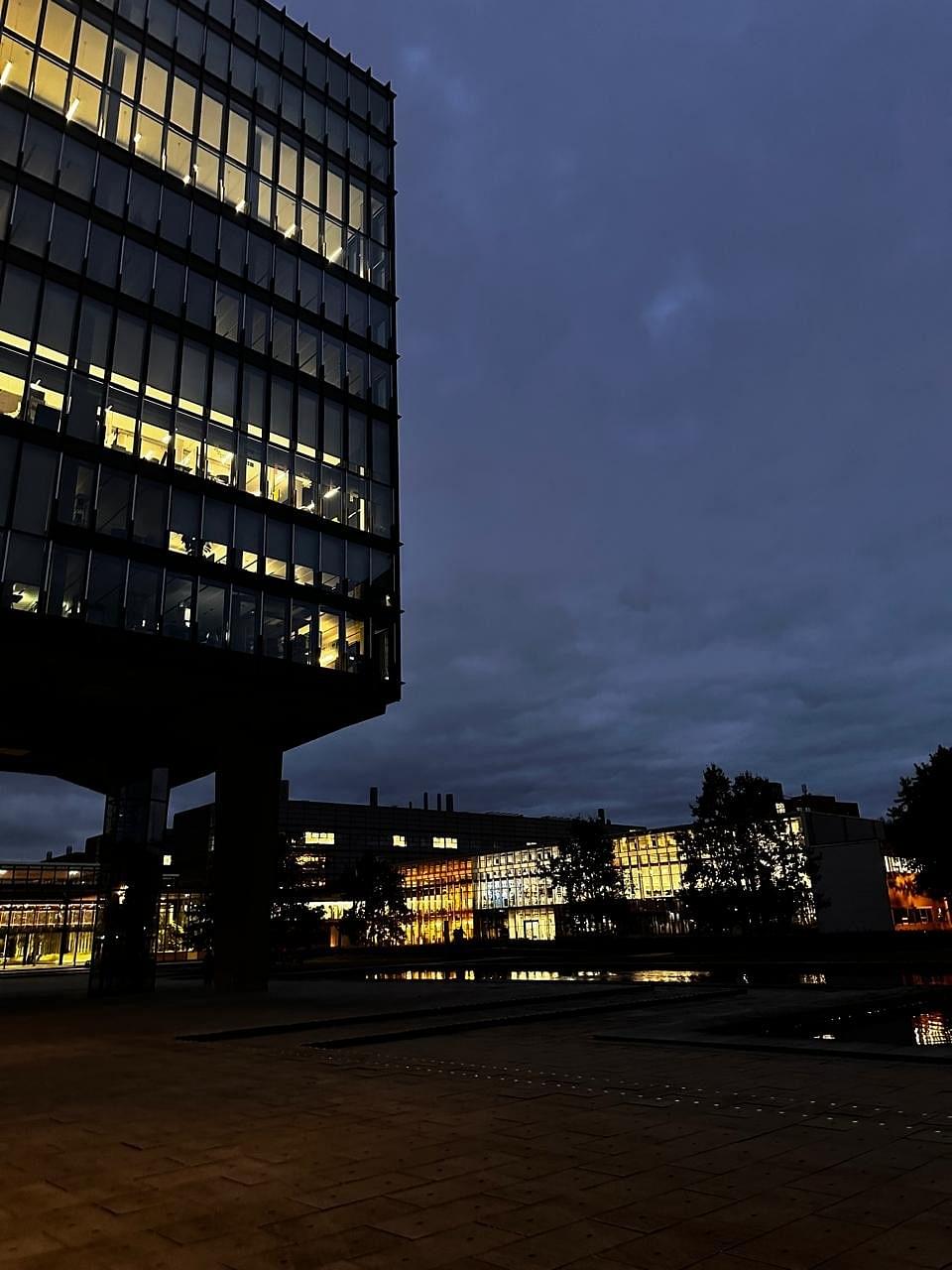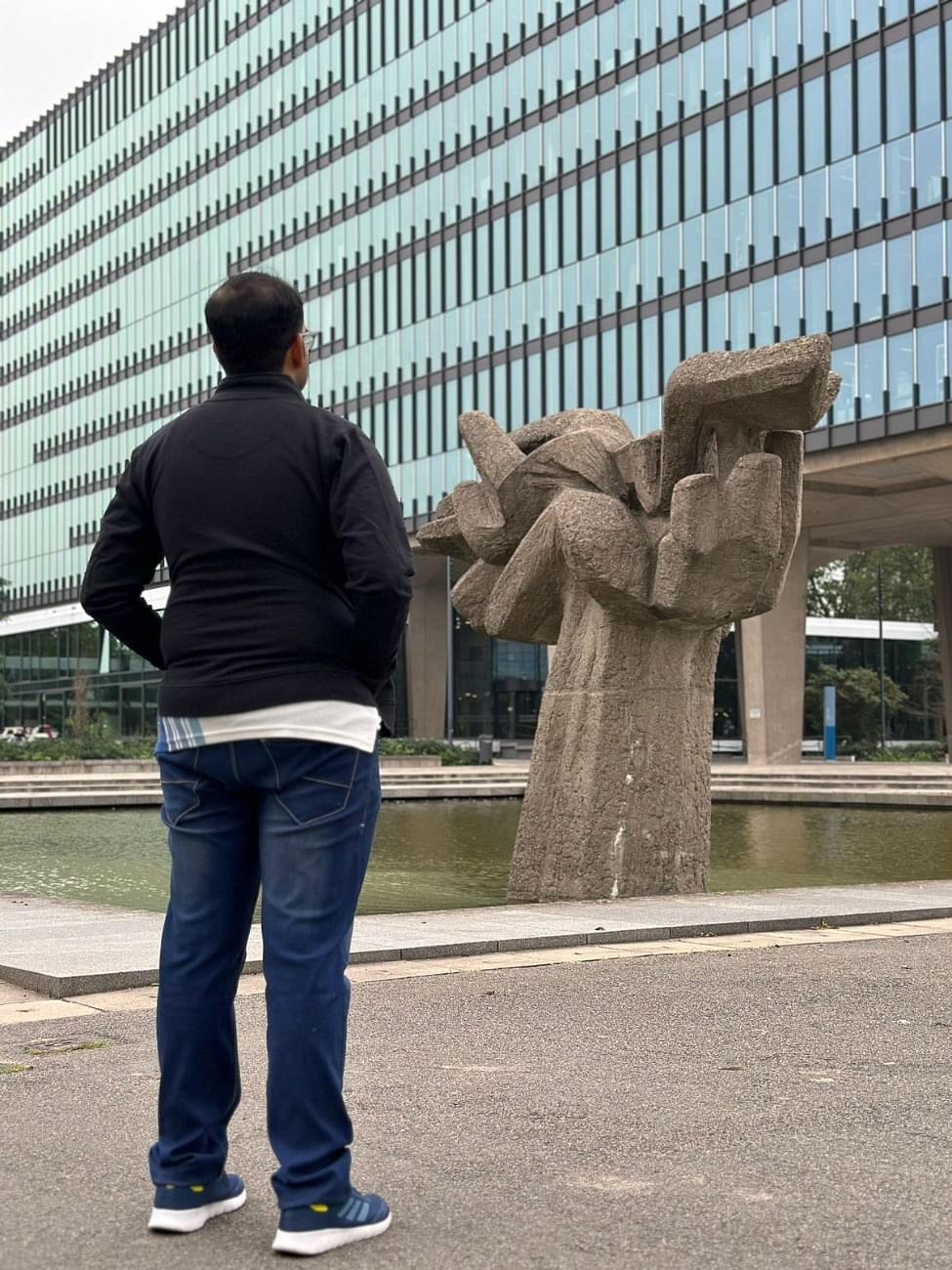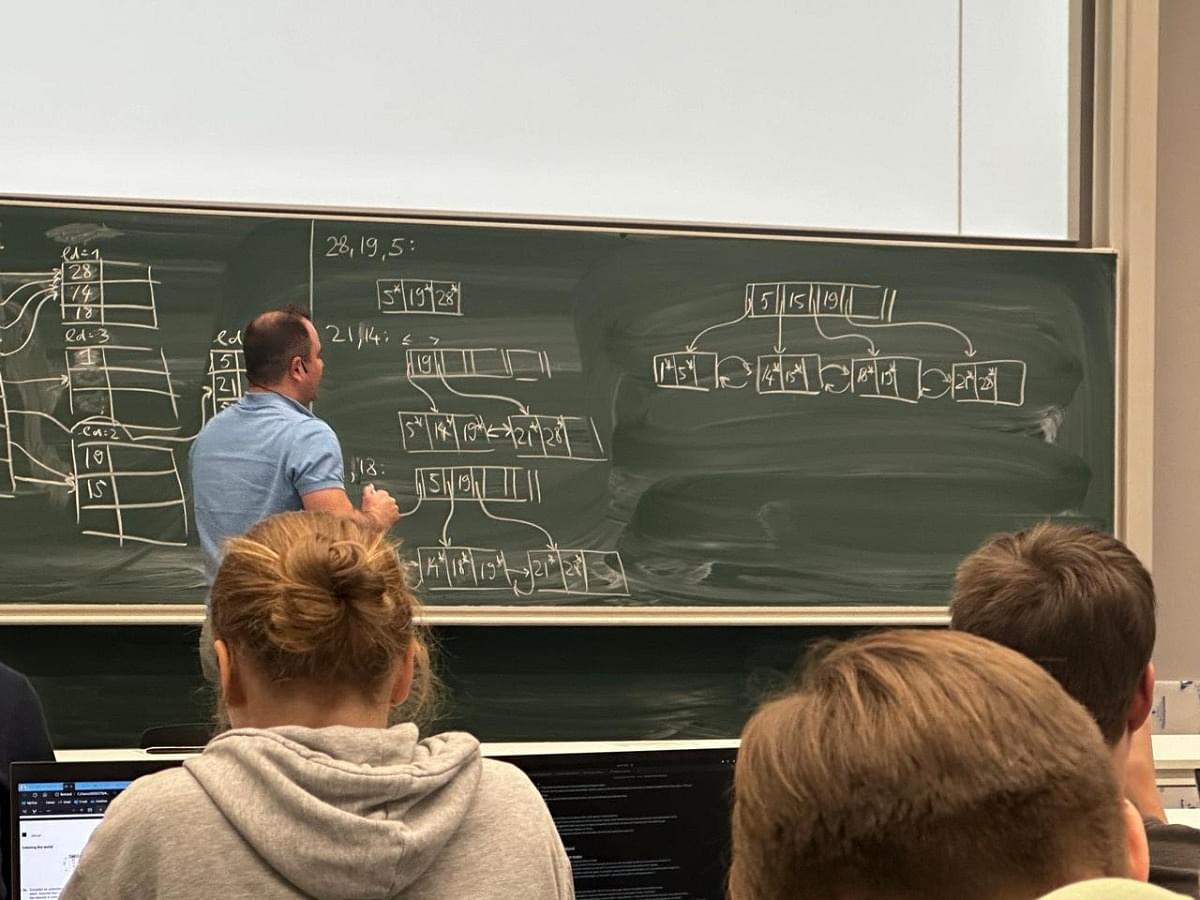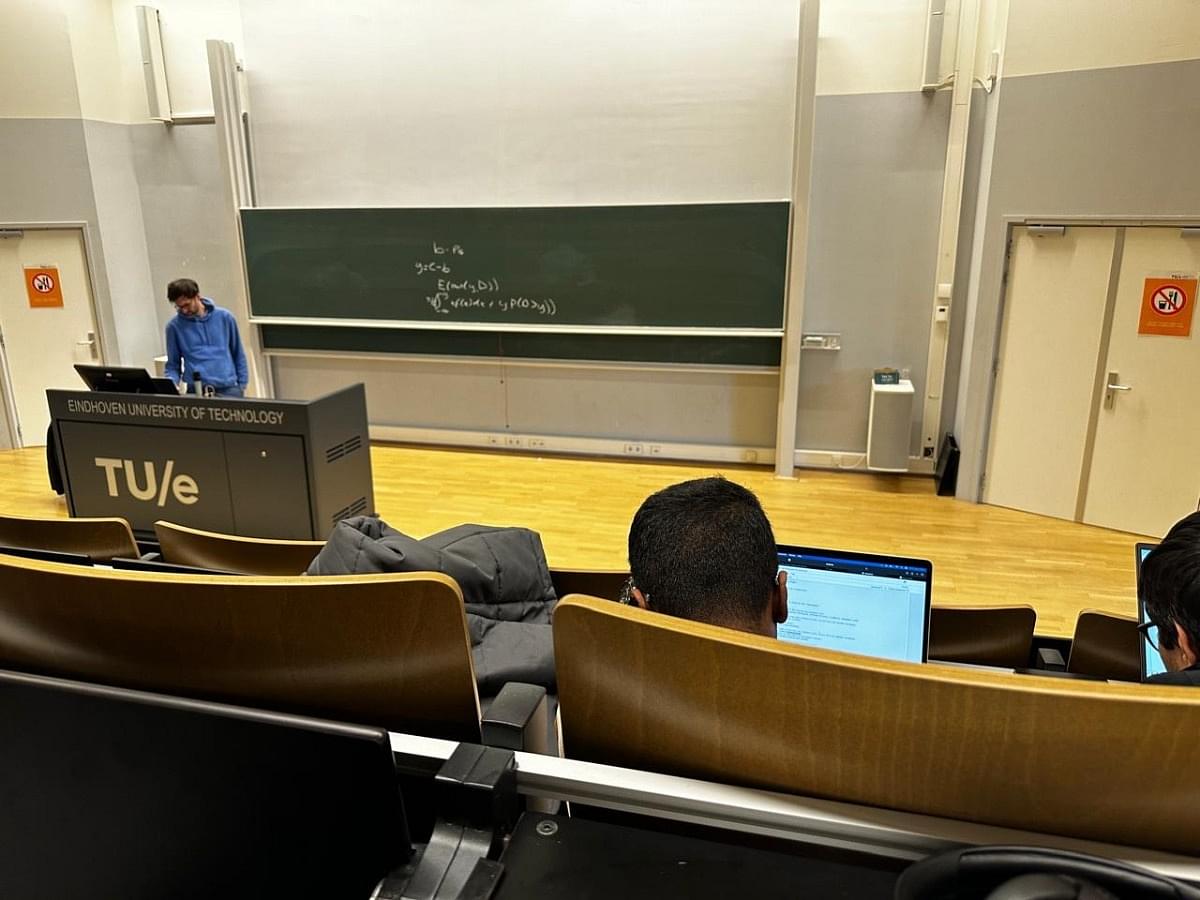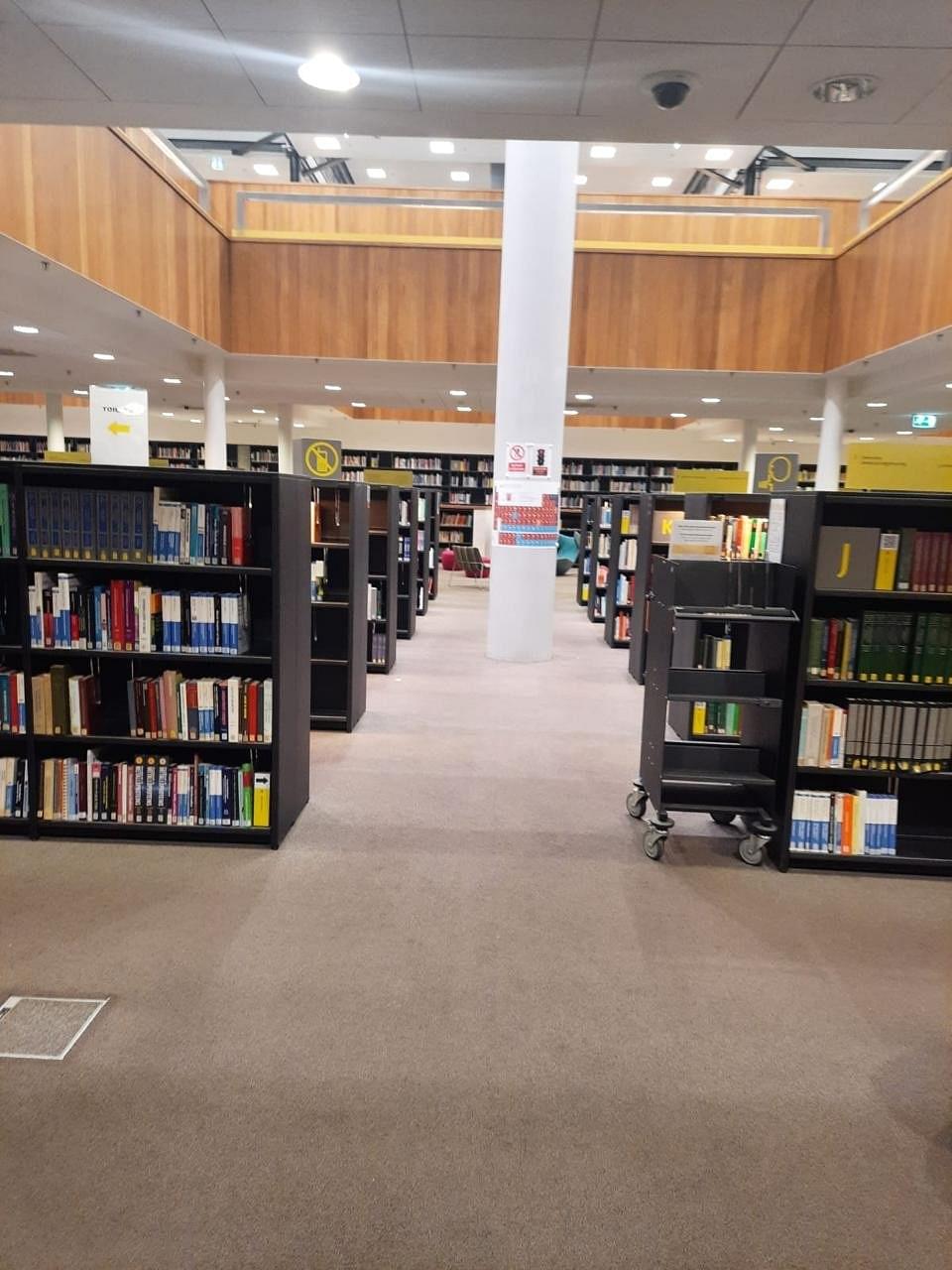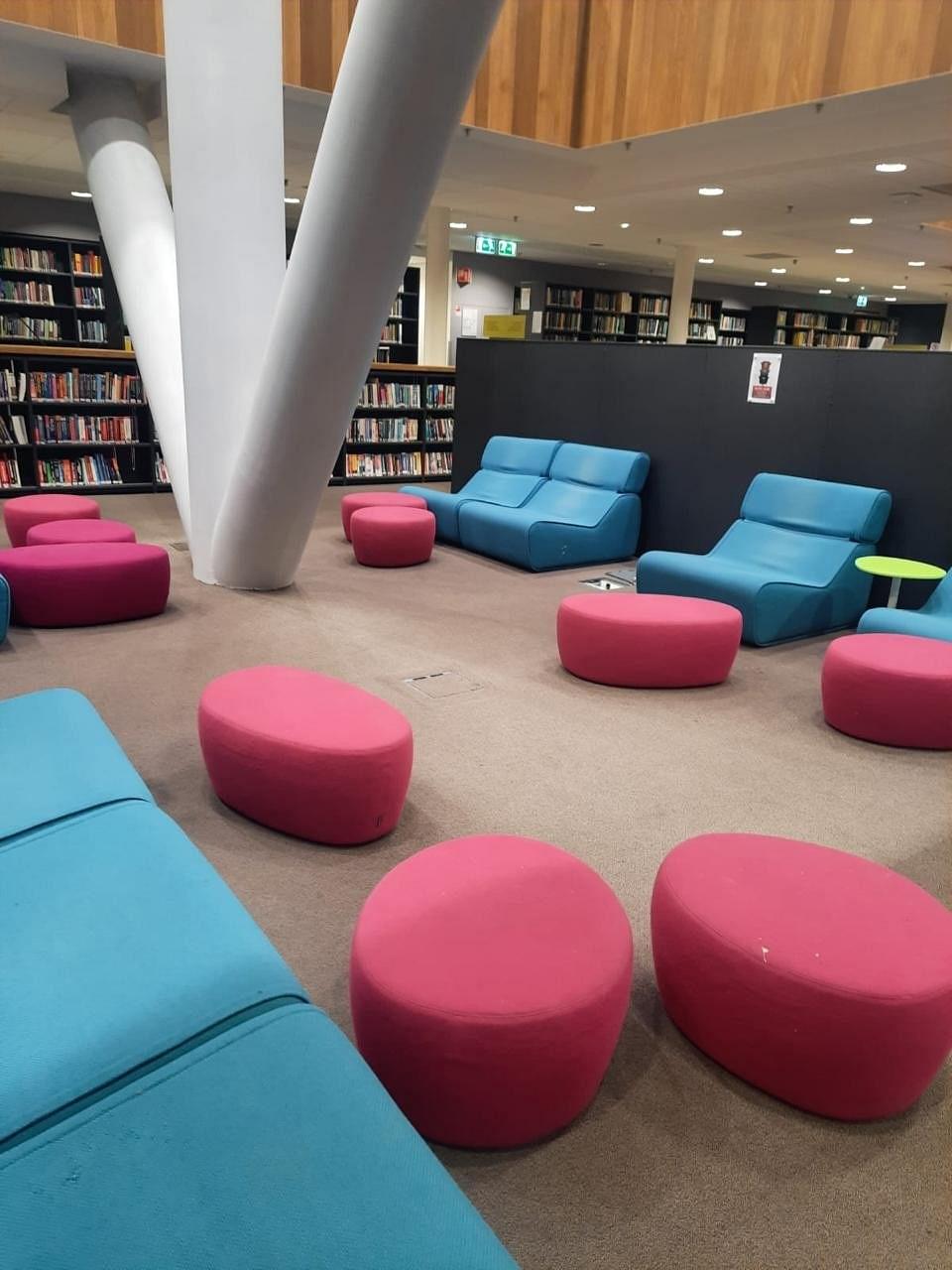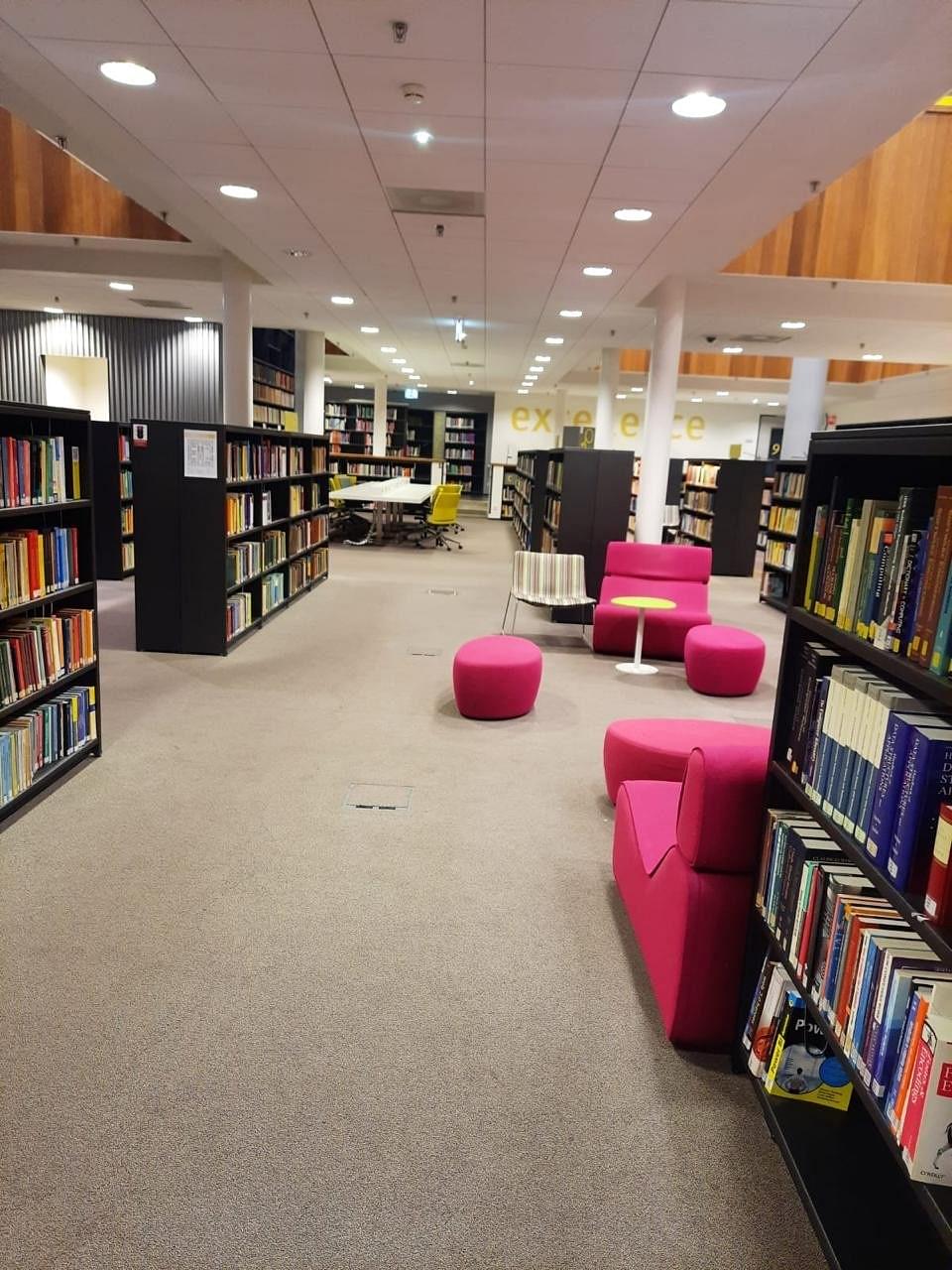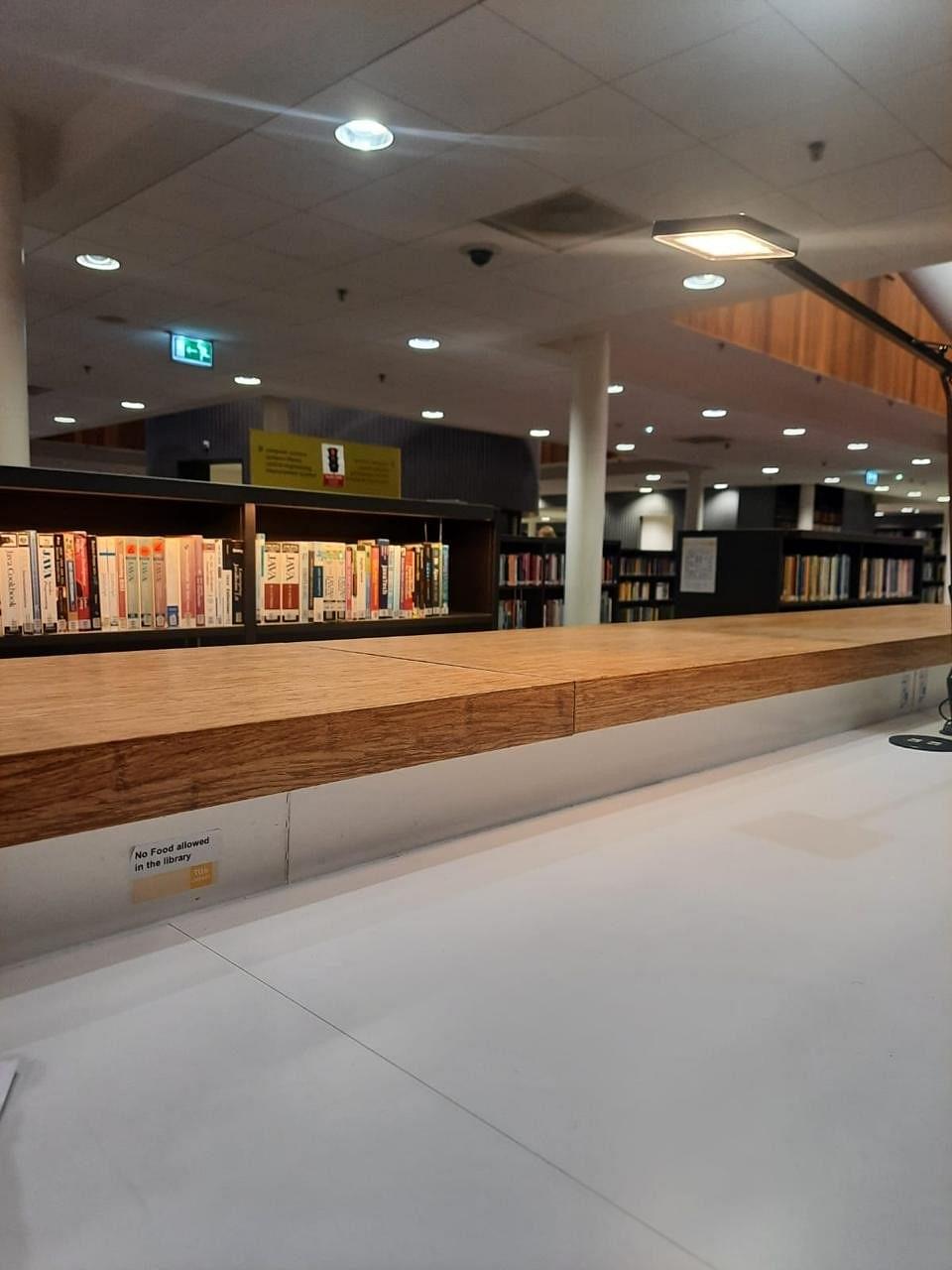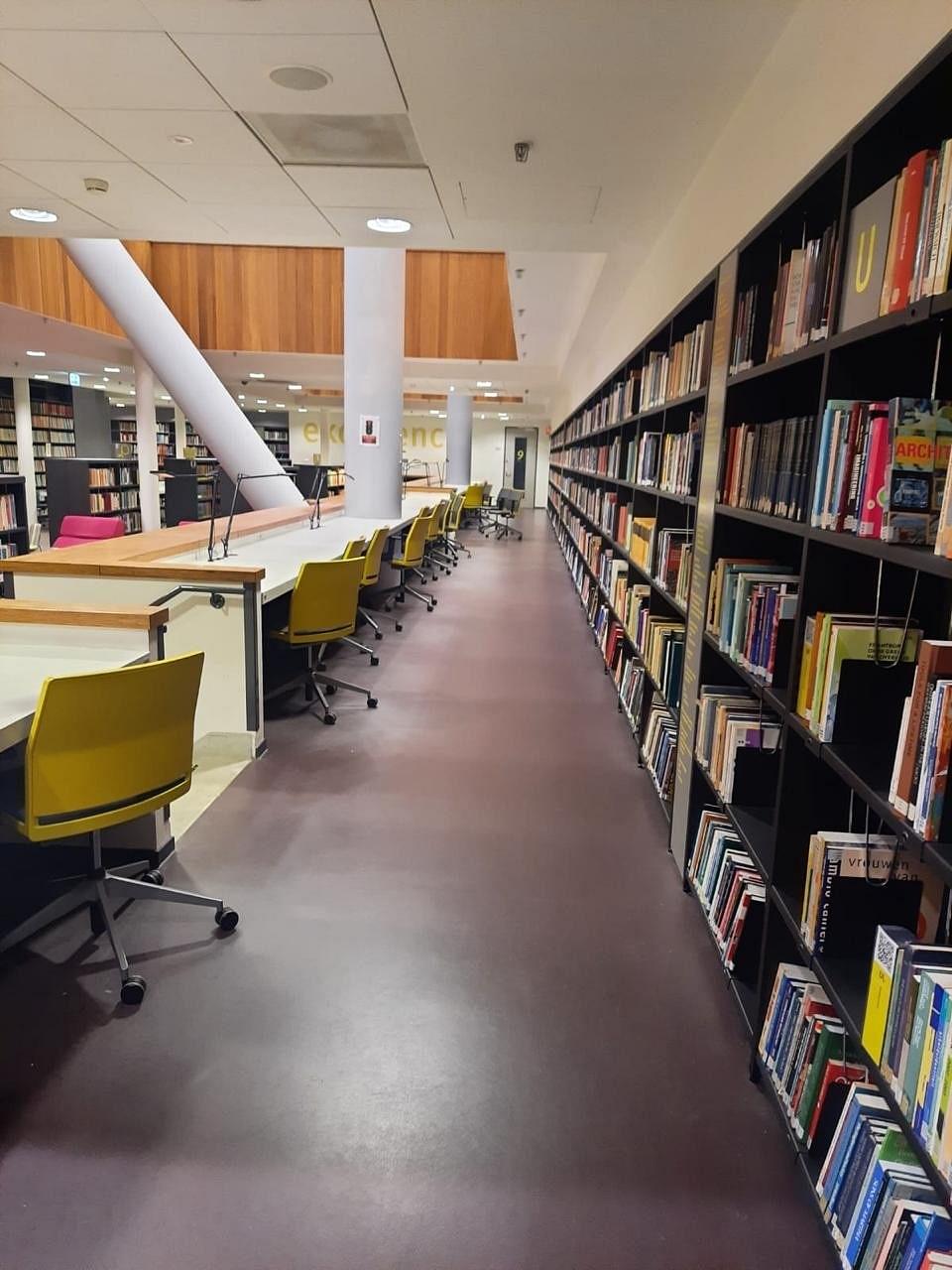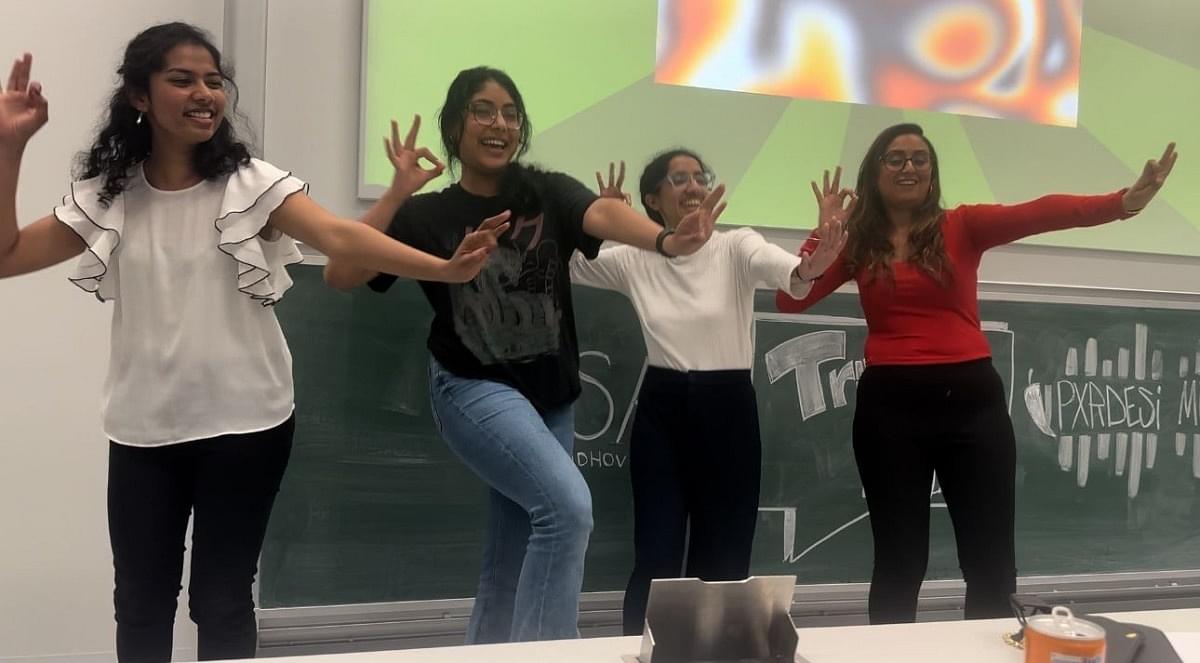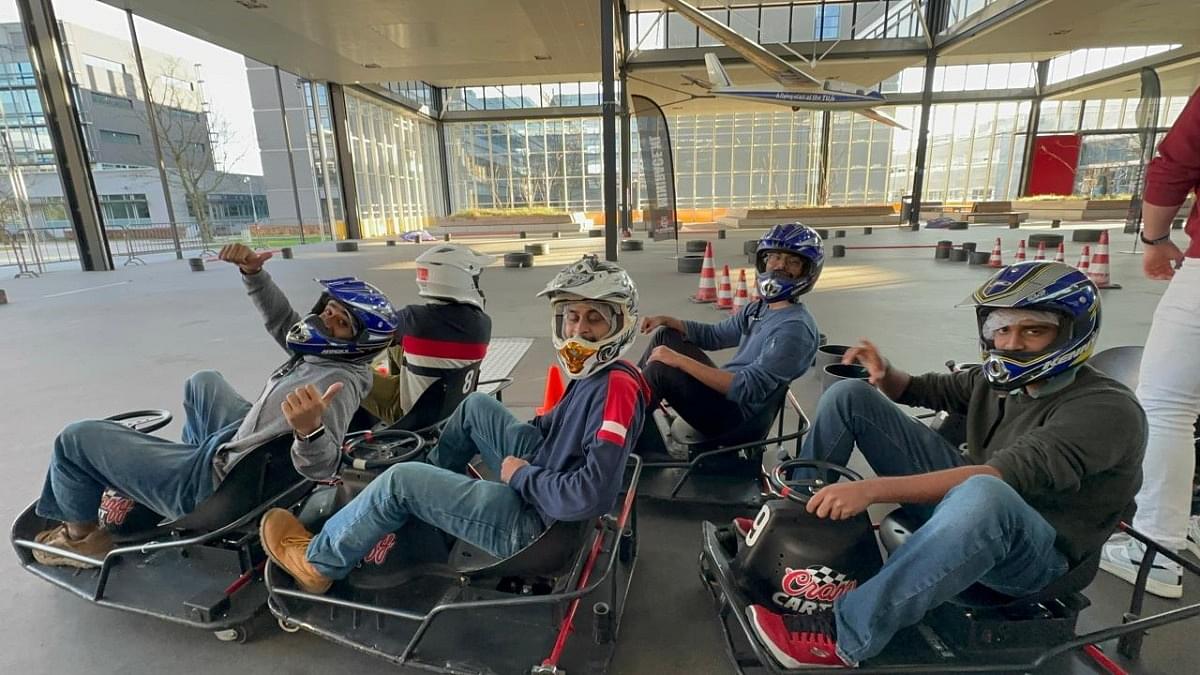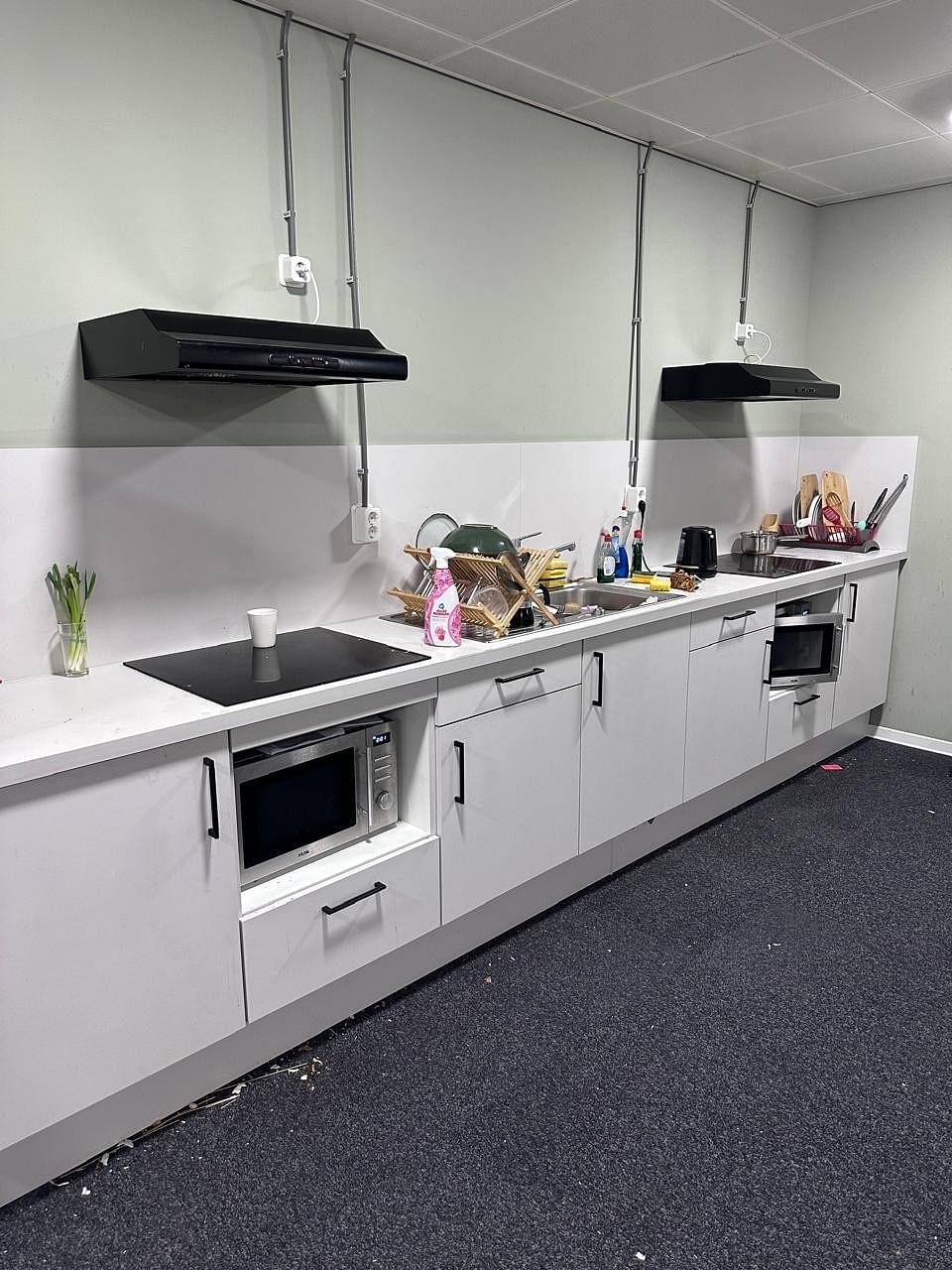What Students Say
Likes
- I would say the campus environment is very vibrant and I get to meet people from different diversities and cultures
- I feel like the professors are very approachable and helpful which makes it easier to communicate your doubts with them be yourself around them.
- The area of research is given a lot of emphasis and has several labs and practical facilities to support application oriented learning in my university
Dislikes
- Sometimes the course workload gets quite heavy, especially when multiple deadlines fall in the same week, which can be a bit overwhelming
- Some courses such as advanced algorithms are highly theoretical and could include more practical or hands-on elements to make the learning experience even better.
- The cost of university oriented housing is quite high and could be reduced to make it affordable for students.
Course Curriculum
- Initially it took me some time to adapt to the course curriculum, as it was designed for a quarter system. It was a mix of both theoretical and practical at the same time. The most positive aspect was that I got used to completing my assignments, which were purely practical and had to apply my learning to solve each problem. This helped improve my problem-solving skills.
- At the same time, the quarter system made life difficult, as it gave no time to focus on extracurricular activities. Typically, 2 classes are scheduled per week for one course and timing varies between 8:45 am and 3:30 pm, with 3:30 pm being the last class. Average number of students is between 30-60 with Indian students being limited to between 5 and 10.
Admission Experience
-
I have applied to several colleges in the United States. The universities that I applied to include
- University of North Carolina
- Penn state University
- New Jersey Institute of Technology
- Florida State University
- Eindhoven University of Technology
- University of Illinois Chicago
- I only got admits from Eindhoven University of Technology and New Jersey Institute of Technology. I got rejected from all other US universities. I think the reason for rejection was the vast majority of applications they received in the United States and the first-come, first-served policy they adhere to.
- I chose TU Eindhoven because it has a strong reputation and is also ranked in the top 100 worldwide. Eindhoven is the hub for tech companies, as far as I inquired, and that's what made me choose Eindhoven. I had a GRE score of 310 and an IELTS score of 7.5, which was sufficient according to the Tu/e website. The admission process was the smoothest compared to any of the US universities I applied for. The university handled most of the visa work, and I just followed their instructions. It was all pretty straightforward and easy to access generally.
- For me, the admission process was really quick and smooth. I applied in April and got my admission confirmation in May, so it took about a month. After that, the university helped a lot with the visa process. I just followed their instructions, submitted the required documents, and went to the Dutch embassy in India to get my visa stamped.
- One extra thing I had to do was get my birth certificate apostilled, since that was something the Dutch government wanted. In general, everything was very clear and well organized by the university. The whole thing was done within two months.
Faculty
- I am not sure about the exact ratio but there are enough professors and PHD candidates to guide students with their internships and thesis projects. Every student is assigned to a professor while doing his graduation project and the professors help students through the course of the thesis and help them complete it on time.
- The teaching is good enough to help students understand the topic and implement what they learnt through assignments and in the examinations. The coursework gives you enough practical knowledge to secure a job in your relevant field. I got my thesis through my professor at a reputed company called Capgemini. All the professors are good but to be specific, Dr Ion Barosan and Dr Ivan Kurtev are too good in Software development and engineering.
Campus Life
- TU Eindhoven has one main campus right in the city center, and it's very close to the train station. The MetaForum building has a big three-floor library with plenty of study spaces and quiet zones. There are also cafeterias, well-equipped classrooms, labs, and common areas to chill or study. The student sports center is one of the best parts. It’s run by the student sports association (SSC) and offers almost every sport you can think of.
- Even in winter, indoor facilities stay open for football, badminton, cricket, and more. There’s also a gym, swimming pool, and outdoor fields. Intro Week is the big welcome event for new students, and there’s also Dutch Technology Week, where companies showcase cool innovations. Throughout the year, there are workshops, guest talks, and cultural events too.
- There are tons of student clubs as well, which include technical ones like the Robotics Team or University Racing Eindhoven and cultural or international groups that host meetups, festivals, and fun activities. There’s always something to be part of.
Part Time Jobs
- Almost everyone can secure a teaching assistant position if they apply through the university job portal euflex and sometimes even being on good terms with your professor and being active leads to you working as a teaching assistant with the professor. You are allowed to work a max of 16 hours per week during the academic year and 40 hours per week in the summer during vacation.
- It is not very difficult to procure a job if you are proactive and keep applying and maintain a good relationship with your professors. The pay range is between 15-20 euros per hour, depending on which position you are applying for.
- The university provides a portal called euflex for students to apply for part-time jobs. This portal is very helpful and aids students in obtaining student contracts for them to work part-time legally under the dutch law. It is not very difficult to obtain part-time jobs if you remain proactive and keep applying.
- The average pay is 16-28 euros per hour and it pays quite well for your monthly expenses and sometimes even your rent. You need to provide your resume and motivation letter and then the faculty member in charge or the employer looks through your resume and gives you the job based on your qualifications. Remain as active as you can and you can manage your expenses efficiently through part-time work.
Placement
- Most students I know find a job within six months after finishing their master’s, probably around 80 to 90%. Even those who take a bit longer usually land something eventually. The starting salary for fresh graduates is generally between €2500 and €3500 per month (gross), but it also depends on the role and your background.
- A lot of people get hired through internships, since many of them turn into full-time offers. Networking helps a lot because there are so many companies based around the vicinity of Eindhoven. Some students find jobs through university job fairs or career platforms like Euflex, or they just apply normally online.
- From my group, many got into top companies like ASML, Philips, ABN AMRO, NXP, and many other such big companies. The opportunities are really nice if you’re a bit active and keep exploring.
Accommodation
- I was searching for accommodations through online housing portals on websites like Holland2Stay and Vestide, which is when I got an email from the university to register for the university housing lottery, where I can select my preferences for my room and if I am lucky, I will get housing. Within 1 month of registering, I got the lottery along with 90 per cent of the people.
- I got it in a place called VB student housing which is 3 km from the university and is a newly constructed building for students. The rent accounts for up to 650 euros, including services and utilities. The building has facilities such as a table tennis court, laundry, and a gym, and vast spaces such as a lounge and outdoor seating areas for students to chill and meet with their friends.
- I have my own room where I share the kitchen and bathroom with a few other students in my cluster. One recommendation would be to be proactive and not lose any opportunity in procuring housing, as it is very difficult in the netherlands.
Exams
- I did give my GRE scores which was optional and my IELTS score which was mandatory. Other documents necessary were a CV, statement of purpose, Letter of recommendations and your bachelor's curriculum clearly defined along with your transcripts in order to get you admitted to the specific course in your university. There was no interview held for me as a part of my application process.
Fees
-
The fee for the first year includes:
- Fee for financial means—which the university will transfer to your account once you have opened a bank account here—which sums up to 12000 euros
- Tuition fee—This amounts to about 19,500 euros for one academic year and increases slightly every year.
- For the second year:
- You will have to take care of your financial funds for living, as the university will not collect it beforehand and transfer it to you. It can be paid in a monthly manner or in a one-time transaction. It's up to you to decide which means of payment you want to choose.
- A breakdown of my monthly expenses include
- Rent – 650 euros
- Insurance and bike maintenance—50euros
- Groceries—100euros
- Miscellaneous - 100 euros
Scholarship
- I am aware there is a scholarship available for my course but I think you need to receive a high grade in your bachelor's and be academically excellent in order to get it. I know only one person in my entire friend group who has received it. The guidelines for receiving it are mentioned on the university website. I did not receive any scholarship. The name of the scholarship is ALSP/HS.


